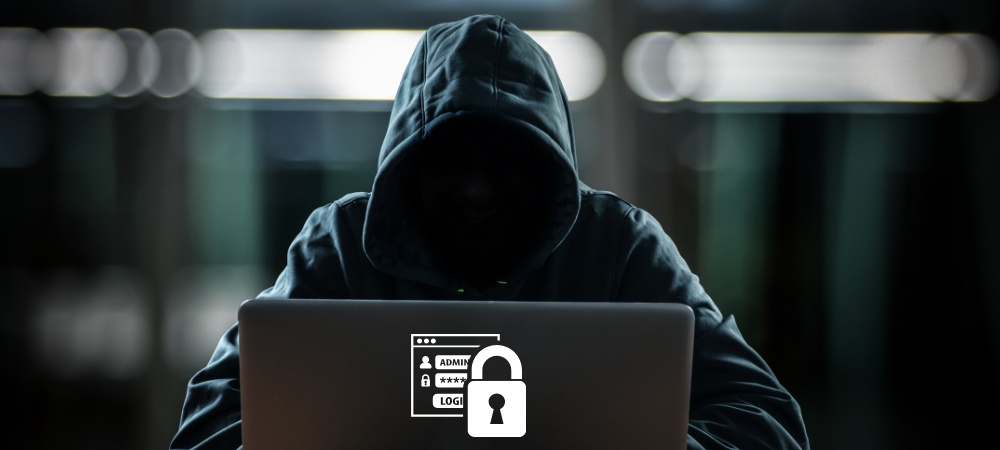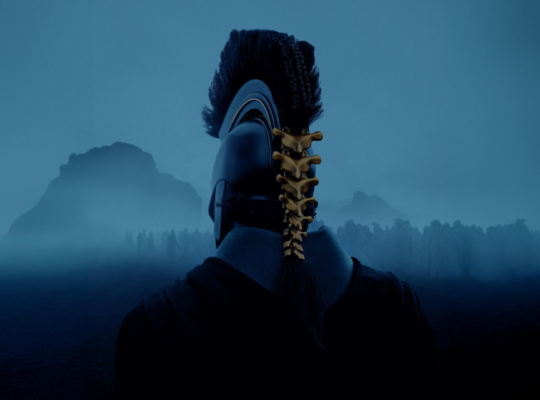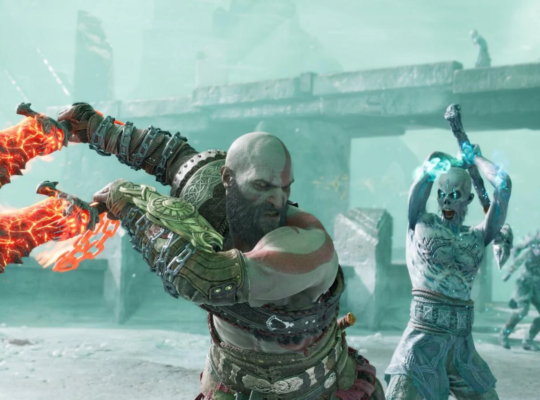Sony, Warner, and Universal Music have filed a joint brief with the U.S. Supreme Court, urging justices to side with record labels in a major copyright case against Cox Communications — one that could reshape how Internet Service Providers (ISPs) handle piracy.
At the heart of Cox Communications v. Sony Music Entertainment is whether ISPs must terminate subscribers accused of repeated copyright infringement to avoid massive financial penalties.
The Fight Over Repeat “Pirates”
Cox argues that the infringement notices sent by record labels are unreliable. These notices are typically generated by automated systems that identify IP addresses involved in file-sharing — but ISPs say they can’t always confirm who in a household was responsible. Cutting off service, Cox says, could unfairly punish entire families or innocent users.
The record labels rejected that argument in their filing, accusing Cox of exaggerating.
“Cox warns about innocent grandmothers or hospitals being kicked offline,” the brief stated. “But Cox provided no evidence that any subscriber fit that description. These were habitual offenders who the company kept as paying customers.”
The labels also noted that Cox had no issue terminating more than 619,000 subscribers for nonpayment, while allegedly removing only 32 for repeated copyright violations during the same time frame.
Torrenting Takes Center Stage
The music companies claim that modern piracy is rampant on peer-to-peer platforms like BitTorrent — systems that let users share files directly without centralized servers.
“Peer-to-peer file sharing enables tens of thousands of people to trade pirated music at once,” the brief said, arguing that only ISPs can reliably connect an IP address to a specific user.
The labels accused Cox of having a “13-strike” policy that allowed users to repeatedly download copyrighted material before facing any consequences. Between 2013 and 2014, Cox allegedly ignored over 10,000 infringement notices tied to copyrighted works.
A Legal Battle Years in the Making
This case has been a defining fight for copyright enforcement in the internet era. In 2019, a jury ordered Cox to pay over $1 billion in damages to the record labels. However, in 2024, the U.S. Court of Appeals for the Fourth Circuit overturned the verdict, ruling that Cox did not directly profit from users’ actions — but it upheld the finding that Cox willfully contributed to infringement by keeping repeat offenders online.
Both Cox and Sony appealed, but the Supreme Court agreed only to hear Cox’s petition.
Big Tech and the Government Take Sides
Cox has received support from Google, Amazon, Microsoft, Mozilla, Pinterest, and even the Trump administration, all warning that the lower court’s decision could set a dangerous precedent.
U.S. Solicitor General John Sauer argued that if the ruling stands, ISPs could face “massive liability” for any infringement by their users — forcing them to disconnect customers after even a single complaint.
Tech giants echoed this sentiment, warning that the decision could effectively turn the DMCA’s “safe harbor” protections—which shield service providers that take reasonable steps against piracy—into a liability trap.
“Contributory infringement requires conscious, culpable conduct,” the companies said in their joint filing. “Simply failing to stop a user’s infringement shouldn’t make a provider automatically liable.”
What’s at Stake
The Supreme Court’s ruling could determine how far ISPs must go to police online piracy — and whether they’ll be forced to cut off entire households based on unverified infringement claims. The outcome will likely have sweeping implications for internet access, copyright enforcement, and user privacy in the U.S.





